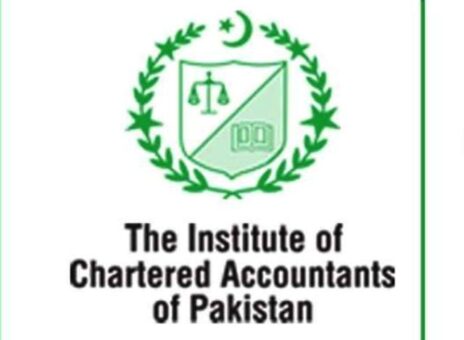ISLAMABAD: Institute of Chartered Accountants of Pakistan (ICAP) on Thursday presented proposals for budget 2021/2022 to Shaukat Tarin, minister for finance and revenue.
ICAP Vice President Ashfaq Tola called on the Federal Minister for Finance and Revenue, Shaukat Tarin here at the Finance Division to present proposals on Model Federal Budget 2021-2022.
SA PM on Revenue Dr Waqar Masood Khan and Ali Latif, Vice President ICAP were also present during the meeting.
The Finance Minister welcomed the Vice President ICAP Ashfaq Tola and discussed the proposals by the ICAP team for the economic growth and development of the country.
The Minister lauded the professional insight of the members of the ICAP and their valuable contribution.
The Vice President ICAP briefed the Minister about the sector-wise Budget Proposals prepared by the Advisory Committee of the ICAP for the first time.
The Model Budget Paper included recommendations for widening the tax net, increasing per capita income, managing the non-tax income, measures on domestic and foreign debt management and rationalizing the pension expenditure.
The Vice President also appreciated the housing initiative of the federal government to boost economic activity and suggested ways & means to extend the outreach.
The Finance Minister commended the efforts made by ICAP’s Advisory Committee in working out the Budget proposals and reiterated firm commitment for formulation of a growth-oriented budget by following a participatory approach.
The underlying rationale is to take all stakeholders on board for evolving consensus and coming up with innovative ideas to overcome economic challenges. The VP ICAP felicitated the Finance Minister on assuming new responsibilities and extended invite to be a Chief Guest at ICAP webinars and also presented the Coffee Table Book on the occasion.

